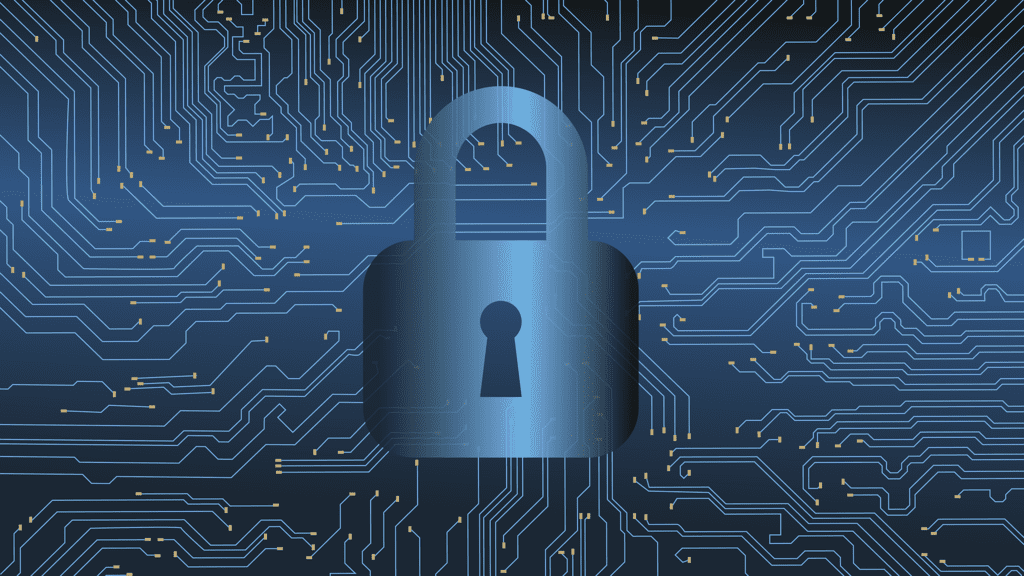Privacy issues have existed for a long time, and with the need for technology increasing daily, there is no end in sight. Nonetheless, 2021 will offer some workable solutions that will pave the way for better data security for individuals and companies.
In 2020, aside from the COVID-19 pandemic throwing the world into a chaotic place, cyberspace saw a reappearance of malware attacks. There was an increase in rogue phishing scams and so many other internet insecurities.
With 2021 starting, security experts have released their predictions on the future of online privacy. In this article, we’ve compiled some of what you can expect this year. Read on to find out what they are.
The Corporate Network Will Change
Get ready to say goodbye to the corporate network as it used to be. Businesses should be prepared to accept that the old ways of doing things will no longer be the same. Company security will be in the hands of employees.
Aside from securing endpoints and networks, CISOs must look into ways their security protocols will safeguard their remote workers. Companies must find ways to protect them while ensuring it does not affect productivity and flexibility.
Employers will have to collect more employee data, and legal and regulatory activities will increase. They will focus on respecting and protecting workers’ privacy, as well as collecting, processing, and sharing personal data.
One Out of Four CMOs Will Invest in Zero-Party Data Technology
Digital advertising is going to experience significant and systematic changes. Value-based customers like to share their data with companies that treat privacy as valuable and ethically handle information.
CMOs will stop relying entirely on third-party data collection through cookies and make strategic revisions to their ecosystem. About 25% of them will increase their ability to collect zero-party data.
To achieve this, CMOs will partner with their security, risks, and privacy counterparts. The partnership will help them select the right technology and create processes that will improve personal data security.
About 40% of Privacy Leaders Will Report to the CEO
2020 saw about 23% of privacy leaders report to the CEO of companies. Firms who are future-minded know and understand that privacy goes beyond legality and compliance. It drives revenue, business resilience, and, if not adequately addressed, a systemic risk.
With the pandemic, the risk to privacy increased, as well as that of suppliers. In 2021, HR and risk stakeholders will have to increase their support. Firms will also have to embed privacy into their customer experience.
Payments for Ransomware Will Go Underground

In the last 12 months, ransomware payouts have significantly increased. This is because cyber criminals and malware authors continue to outsource and innovate tasks to monetize operations faster.
To compound the issue, the United States Treasury Department warned that organizations that negotiate with cyber extortionists would face steep fines. The latter will apply if the criminals are already under economic sanctions from the federal government.
The directive will affect ransomware effectively if there are no more payouts, causing it to go underground this year. Companies will have to take the necessary measures to regain critical systems access when a cyber attack occurs. Without doing the preceding, firms may be unable to keep their business running.
There Will Be a Spike in Hybrid Software Attack
This prediction shows that COVID-19 related sectors will be the most vulnerable to hybrid software attacks. The spike will directly result from developers continuing to download hundreds of millions of unsafe codes from open source repositories.
The preceding has resulted in supply chain attacks across several government sectors, businesses, and financial institutions. When the Octopus Scanner Malware attack happened, it showed that cybercriminals have gotten innovative.
They mixed techniques from the ’90s with modern tooling and recycled older virus-like behaviors in new domains. Privacy predictions show an increase in 2021, and the financial, healthcare, and political sectors will be most affected unless they increase their security. Dating sites will also have to up improve their security.
Healthcare Information Will Face the Biggest Threat
With the World Health Organization and researchers pooling data to tackle the pandemic, healthcare providers have neglected privacy security. There has been little or no regard for personal data ownership and ethics.
2021 will see an increase in these breaches as more individuals will voluntarily or involuntarily share their medical and personal information. The data will be in the hands of persons and organizations that may not know the best way to protect them or the right security.
The predictions point to cyber attackers capitalizing on this and the rapid United States telehealth adoption. Asides from the threat and privacy implication, there will be ethical issues and severe insurance implications.
The Passing of CCPA 2.0 Will Spur the Introduction of U.S. Privacy Legislation
In 2021, the United States will experience one key thing that will alter its state of privacy. The passing of the California Privacy Rights Act (CPRA) will force the U.S. government to introduce a bi-partisan federal privacy bill.
When this happens, organizations will have no choice but to identify the aspect of the CPRA that applies to them while awaiting the federal legislation. Companies will adjust their approach to privacy and look for ways to keep data more secure.
There Will Be a Confidence Crisis
There was reckoning in the digital community in 2020 regarding privacy, which led to a confidence crisis. In 2021, the problem will come to a head as consumers will keep losing faith in service providers’ ability to protect and manage their information respectfully.
This year, consumers will demand tech companies and service providers to share information on how they use and share their data. They will ask for more control. Specifically, the identity security industry will evolve and address the demand with new personal identity frameworks.
They will offer people the freedom to choose the data and identity attributes to share on apps. This will end unlimited information and allow consumers to access apps for basic tasks without revealing too much of themselves.
The Takeaway
Privacy issues have existed for a long time, and with the need for technology increasing daily, there is no end in sight. Nonetheless, 2021 will offer some workable solutions that will pave the way for better data security for individuals and companies.


Join the conversation!